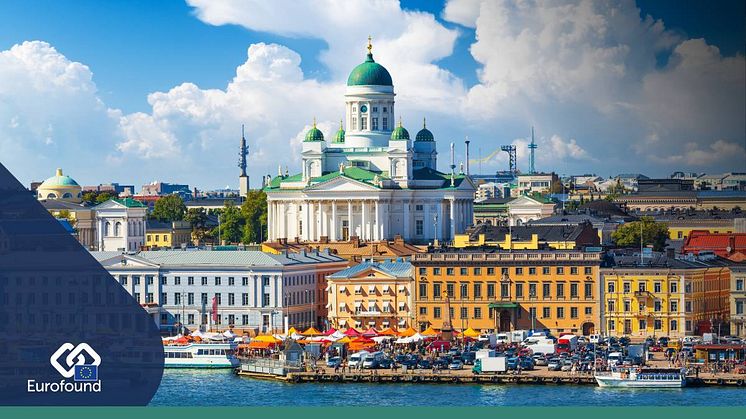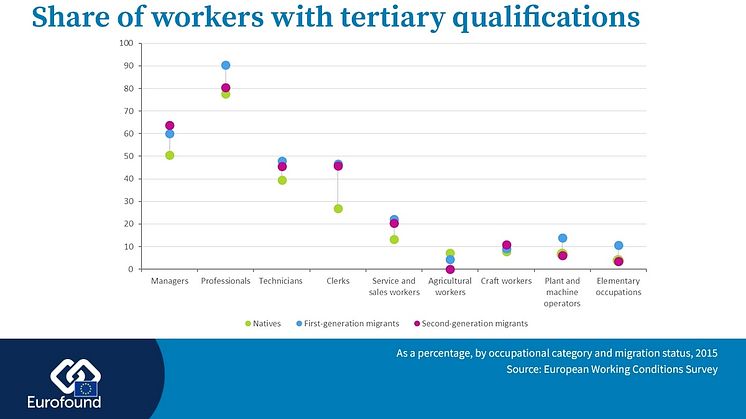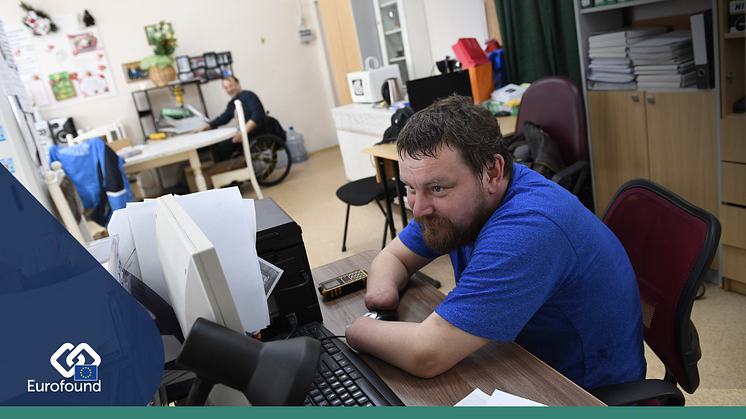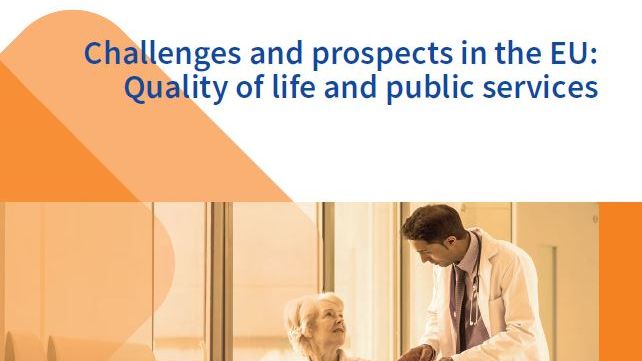
News -
Finland reports some of highest quality of life standards in the EU, but work-life balance is on the decline
Finland reports some of the highest quality of life standards across the EU with happiness, life satisfaction and trust ranking top across the EU28 – to name just a few areas of high performance. The level of trust in people has improved in recent years alongside decreasing tensions between rich and poor, as well as a decline in racial tension, contrasting with EU-wide trends of increasing ethnic and racial tension. However, despite having some of the highest quality of life standards across the EU, in recent years, work-life balance has been negatively impacted – particularly for women and those in the lowest income quartiles.
Finland’s high living standards have been continually improving, with 81% of people feeling optimistic about their own future, just slightly below the top-ranking country, Sweden, at 85%. Furthermore, 86% of people in Finland feel optimistic for their children’s or grandchildren’s future – the highest level across the EU. Added to this, the share of people reporting problems in making ends meet has dropped from 25% in 2011 to 18% in 2016. Further strengthening quality of life is the high perceived quality of public services reported in Finland, with the education system ranking highest across the EU28 at 8.3 (on a scale of 1-10), followed by childcare services ranked at 7.9 second only to Malta, and health services ranked at 7.6 close to the top ranking Austria at 8.0.
High living standards go hand in hand with high levels of trust and low levels of social tension, therefore it is not surprising that Finland ranks highest across the EU in terms of trust in people, trust in the media and trust in national institutions as shown in Eurofound’s Societal change and trust in institutions report. Furthermore, the level of social tension in society has been decreasing in general with the most prominent decrease observed between rich and poor. Interestingly, the perceived tension between different racial and ethnic groups in Finland has been decreasing, which is in direct contrast to the common trend of increasing racial and ethnic tension evident in many other Member States.
Despite having some of the highest quality of life standards in the EU, the results of the European Quality of Life Survey 2016 show that work-life balance has declined over the last decade in Finland. This drop in work-life balance can be observed in the share of people reporting ‘to be too tired from work to do household jobs at least several times a month’, which increased from 39% in 2003 to 60% in 2016 for women – men show a 6% decrease for the same period. Additionally, 26% of respondents reported ‘difficulties in fulfilling family responsibilities because of work’ – an increase of 11% since 2003. Decreasing work-life balance has also been prevalent for those in the lowest income quartile, with the share of people reporting ‘difficulties in fulfilling family responsibilities because of work’ doubling from 16% in 2011 to a total of 32% in 2016 – compared to 19% of the highest income quartile in 2016.
Overall, Finland reports some of the highest quality of living standards across the EU28 with high levels of life satisfaction, trust in people and an increasingly cohesive society. Despite such high living standards there has been a decrease in work-life balance over the last decade, with women and those in the lowest income quartile experiencing the most prominent decline. However, despite this, Finland remains to have comparatively high levels of work-life balance when compared to EU28 averages.
Read more about living and working conditions in Finland here. See also a new blog piece by Maija Lyly-Yrjänäinen from Finland’s Ministry of Economic Affairs and Employment, highlighting key trends in the quality of working life. The blog draws on recent discussions which took place at a seminar on ‘The effects of digitalisation on the quality of working life’ in Helsinki on 26 November 2019. Organised by Eurofound and the Finnish Ministries of Economic Affairs and Employment and Social Affairs and Health, as well as the Finnish social partners under the banner of the EU Presidency of Finland, the seminar brought together key national level policy actors in the area of digitalisation and working life.






